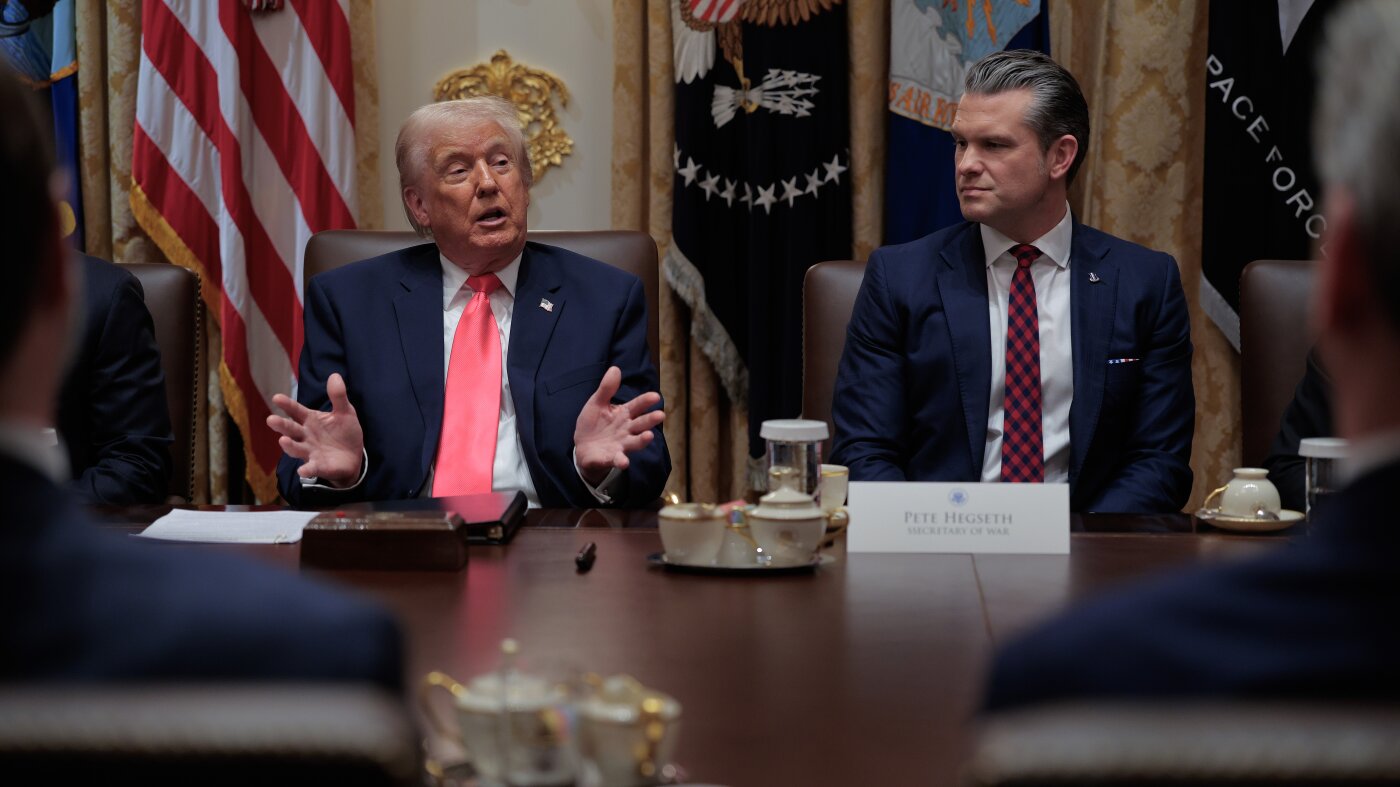Noah Lyles of the US won the men’s 100-metre final at the Paris Olympics in a razor-thin photo finish over Jamaican Kishane Thompson, becoming the first American to claim the title in 20 years.
Inside a packed Stade de France on Sunday night, Lyles crossed the finish in a personal best 9.784 seconds to Thompson’s 9.789. Fred Kerley, also of the US and the silver medallist at the Tokyo Olympics, finished third in 9.81. Marcell Jacobs, defending champion, finished fifth. It was the first time in history that eight men broke 10 seconds in a wind-legal race.
Long considered one of the marquee events of the entire Olympic Games, the 100-metre final has catapulted winners to instant global fame. From 2008 through 2016, the event was dominated by reigning world record holder Usain Bolt of Jamaica, and while no sprinter has run within a tenth of a second of his fastest time of 9.58, Lyles has been positioning himself for years to inherit the position as the face of global sprinting.
As a recent star of the Netflix series Sprint, Lyles, 27, developed elaborate narratives around himself through each season, including one in the early part of this year by bringing a secretive metal briefcase to each meet, promising to reveal its contents at the US Olympic trials in June. The briefcase contained his running kit.
Technically superior at the 200 metres, in which his personal best of 19.31 is the third-best of all-time, Lyles joked in the series that the 200 metres is his “wife”, while the 100 metres is his “mistress”. He will also contest the longer event in Paris, where the first heats begin on Monday.
As the favourite in the 200 metres, Lyles could become the first man since Bolt in 2016 to complete the 100 and 200 double at the games.
Thompson, 23, became a late favourite for a medal in Paris after running 9.77 seconds at the Jamaican championships in June, the fastest time in the world this year. He was the top-ranked runner after Sunday evening’s semi-finals, in which he qualified with 9.80.
Speaking after the final, Lyles said he was convinced Thompson had won until the official times flashed on the stadium big screen. “I was like, I think you got that one, big dog”. But he held up his bronze medal from the 200 metres at the Tokyo Games, saying it had fuelled his three-year journey to get to the top of the podium. “It feels good to back it up”, he said.
In recent months, a bevy of new investors including hedge fund manager Bill Ackman and Reddit co-founder Alexis Ohanian have pledged money towards new professional track meets aimed at capitalising on the apex of interest in the sport at the Olympics. Lyles said he wanted people involved in the sport “to make this as available as possible for people to come and watch. Not [fans] having to go in through back alley websites . . . this needs to be accessible, because this is a world sport”.
Sunday night’s podium reshuffles the ongoing sprint rivalry between the Jamaicans and Americans after Jacobs, 29, became the shock winner in Tokyo. Since then, the Italian has struggled with injury and inconsistency, failing to make the 100-metre final in the 2022 and 2023 world championships.
Lyles’ victory came a night after the US had to settle for silver in the women’s 100-metre final, with St Lucia’s Julien Alfred winning gold — her country’s first Olympic medal.
The last American to win the men’s Olympic 100 metres was Justin Gatlin at the 2004 Games in Athens.











































